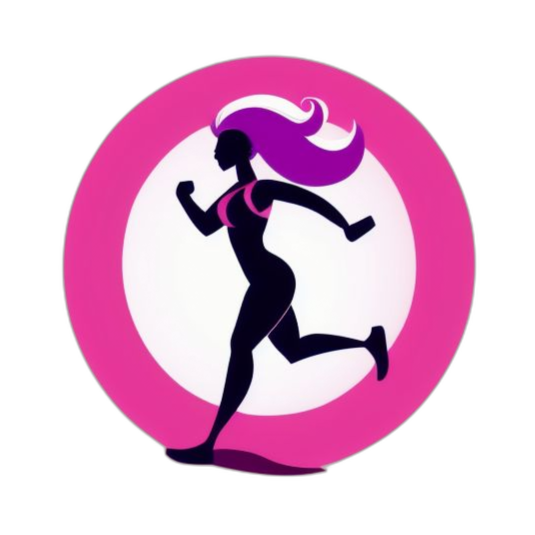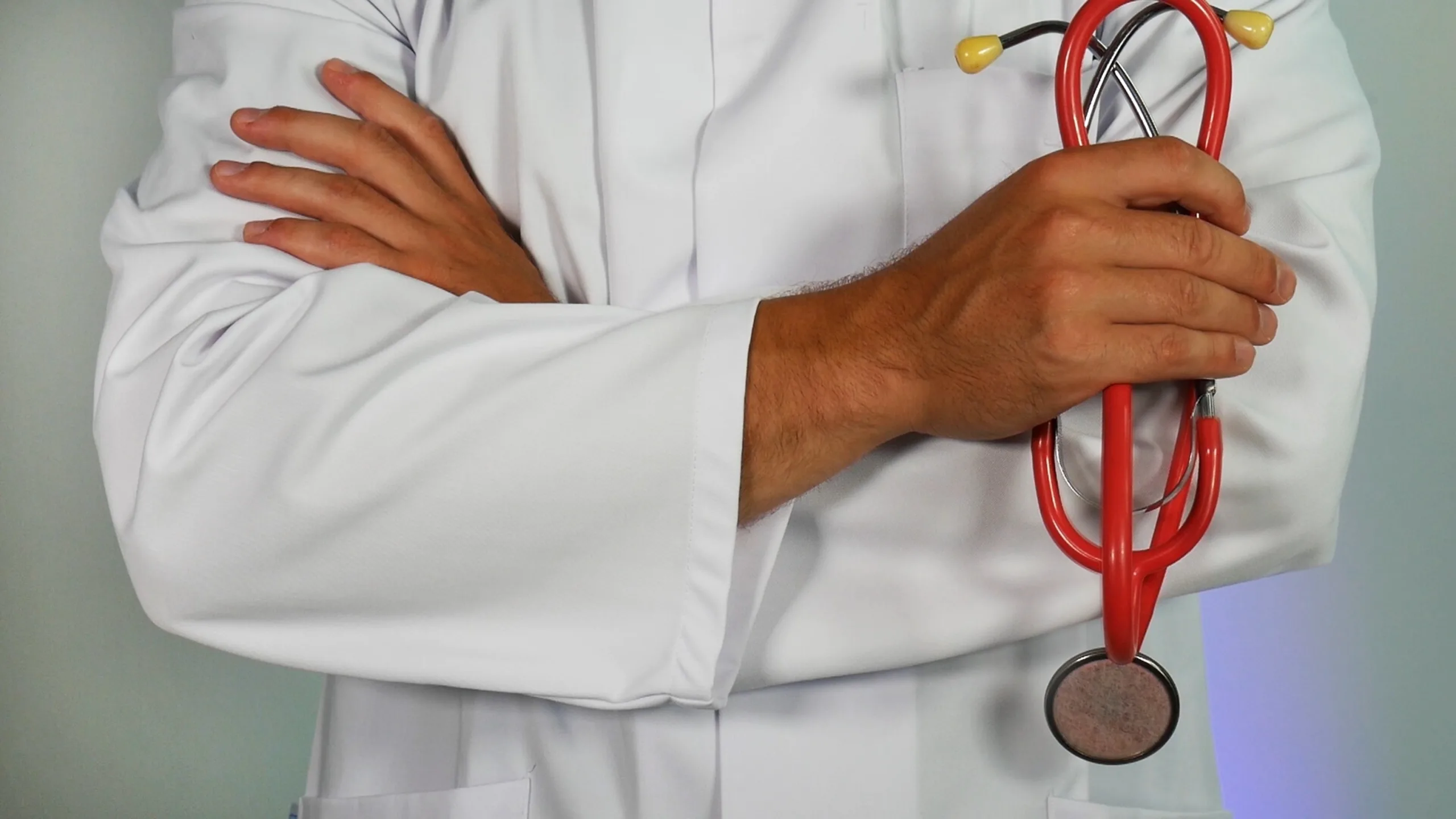High blood pressure, medically known as hypertension, is a concerning health condition affecting 1 in 3 adults. If left uncontrolled, hypertension can quietly cause damage for years before leading to stroke, heart attack, heart failure, kidney disease and other serious complications [1].
The good news is hypertension can often be prevented and managed through natural, lifestyle-based remedies, without the need for medication. Making certain dietary tweaks, increasing physical activity, managing stress and optimizing other lifestyle factors can go a long way in maintaining healthy blood pressure [2].
Dietary Approaches
The link between diet and hypertension is well established. One of the most researched and effective eating patterns is the DASH (Dietary Approaches to Stop Hypertension) diet. This meal plan emphasizes nutrient-rich whole foods like fruits, vegetables, whole grains, lean proteins and low-fat dairy. It provides plenty of blood pressure friendly nutrients like potassium, magnesium and calcium, while limiting sodium, unhealthy fats and added sugars [3].
Eating a diet rich in fruits and vegetables, with their high potassium content, has been shown to reduce blood pressure significantly [4]. Foods like bananas, potatoes, leafy greens, beans, yogurt, fish and avocados are all great options. Avoiding excess sodium is also key – limiting intake to 1500-2300mg per day can make a difference [5]. Read labels carefully and minimize processed foods, which tend to be very high in sodium.
Portion control is another important dietary strategy. Maintaining a healthy body weight through caloric balance helps avoid obesity, a major risk factor for hypertension [6]. Alcohol intake should also be moderated, with men limiting themselves to 2 or less drinks per day, and women 1 or less [7].
The Power of Exercise
Regular physical activity is a powerful natural therapy for controlling hypertension. Aerobic exercise like brisk walking, jogging, cycling or swimming 4-7 days per week for 30-45 minutes can significantly lower blood pressure over time [8]. Even just 8-10 weeks of consistent cardio exercise can reduce readings [9]. Strength training is also beneficial. The key is staying active most days of the week.
Exercise helps manage body weight and body fat percentages, while also improving insulin sensitivity and decreasing inflammation – all protective mechanisms against hypertension [10]. Being active causes immediate improvements in blood pressure as well, a benefit that lasts for many hours after a workout [11].
Stress Management Techniques
Chronic stress is a very common contributor to hypertension. Finding healthy ways to manage daily stress makes a big difference. Activities that activate the body’s relaxation response like yoga, tai chi, deep breathing and meditation have all been shown to reduce blood pressure [12]. Even just 10-15 minutes per day of mindful breathing or meditation can induce calming effects [13]. Consider taking up practices like progressive muscle relaxation, guided imagery or biofeedback as well.
Massage therapy is another science-backed stress management approach that can lower blood pressure. Weekly massage sessions can decrease systolic and diastolic readings significantly over several weeks [14]. Creating social support systems, keeping a sense of humor and making time for hobbies and other leisure activities also help manage stress day-to-day.
Additional Lifestyle Factors
There are a few other lifestyle remedies worth mentioning when it comes to hypertension. First, quitting smoking and avoiding second-hand smoke is very important. Tobacco smoke damages blood vessels and is a major risk factor for chronically elevated blood pressure [15]. Limiting alcohol intake as mentioned earlier is also key [7].
Getting adequate sleep of 7-8 hours per night helps maintain healthy blood pressure rhythms [16]. And be sure to attend regular medical check-ups to monitor your progress. Tracking blood pressure at home with a wrist cuff monitor can provide helpful data between doctor’s visits as well.
By combining these natural remedies – especially a heart-healthy diet, regular exercise and stress management – many individuals can lower their blood pressure without medication [17]. That being said, be sure to follow your doctor’s guidance and take all prescribed medications as directed. Lifestyle changes serve as an excellent accompaniment to medical treatment.
Controlling hypertension takes diligence and self-discipline, but the effort pays off in the form of reduced cardiovascular disease risk and improved longevity. With commitment to making sustainable diet and lifestyle upgrades, maintaining healthy blood pressure numbers over the long run is very achievable.
References:
[1] CDC (2022). Facts about Hypertension. [2] WHO (2022). Hypertension. [3] NIH (2018). DASH Eating Plan. [4] Harvard Health Publishing (2022). Key minerals to help control blood pressure. [5] ACC (2021). LOWERING YOUR SODIUM INTAKE. [6] AHA (2017). OBESITY INFORMATION. [7] AHA (2017). Alcohol and Heart Health. [8] Mayo Clinic (2021). Exercise and Hypertension. [9] Cochrane (2013). Exercise for hypertension. [10] ACE (2021). How Exercise Lowers Blood Pressure. [11] Harvard Health Publishing (2022). Exercising to Relax.
[12] NCCIH (2020). Relaxation Techniques for Health. [13] Hypertension (2013). Device-Guided Breathing. [14] International Journal of Preventive Medicine (2015). Effects of massage therapy on blood pressure. [15] Cleveland Clinic (2019). Quit Smoking to Control High Blood Pressure. [16] ACC (2017). High Blood Pressure and Sleep. [17] WHO (2013). A global brief on hypertension.

